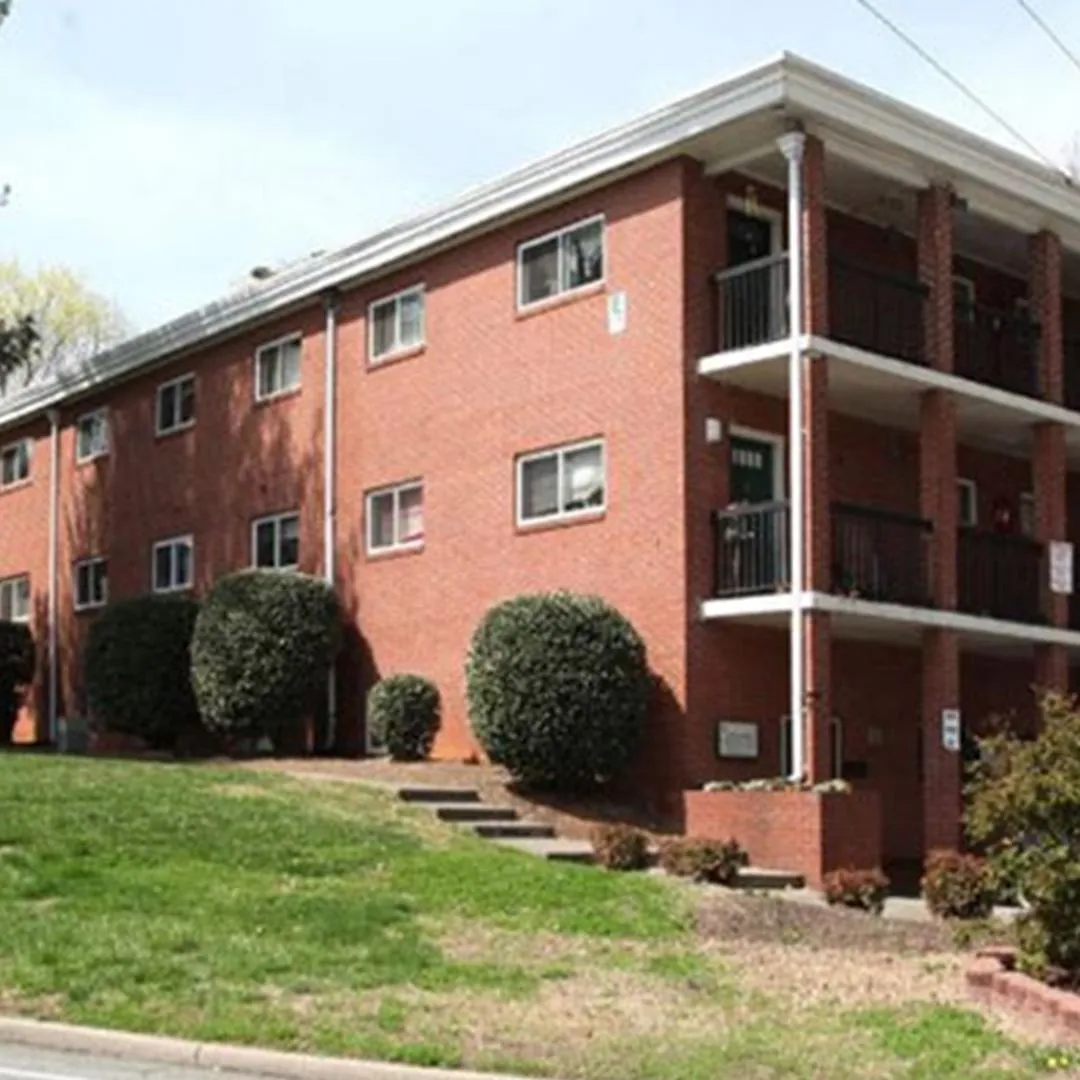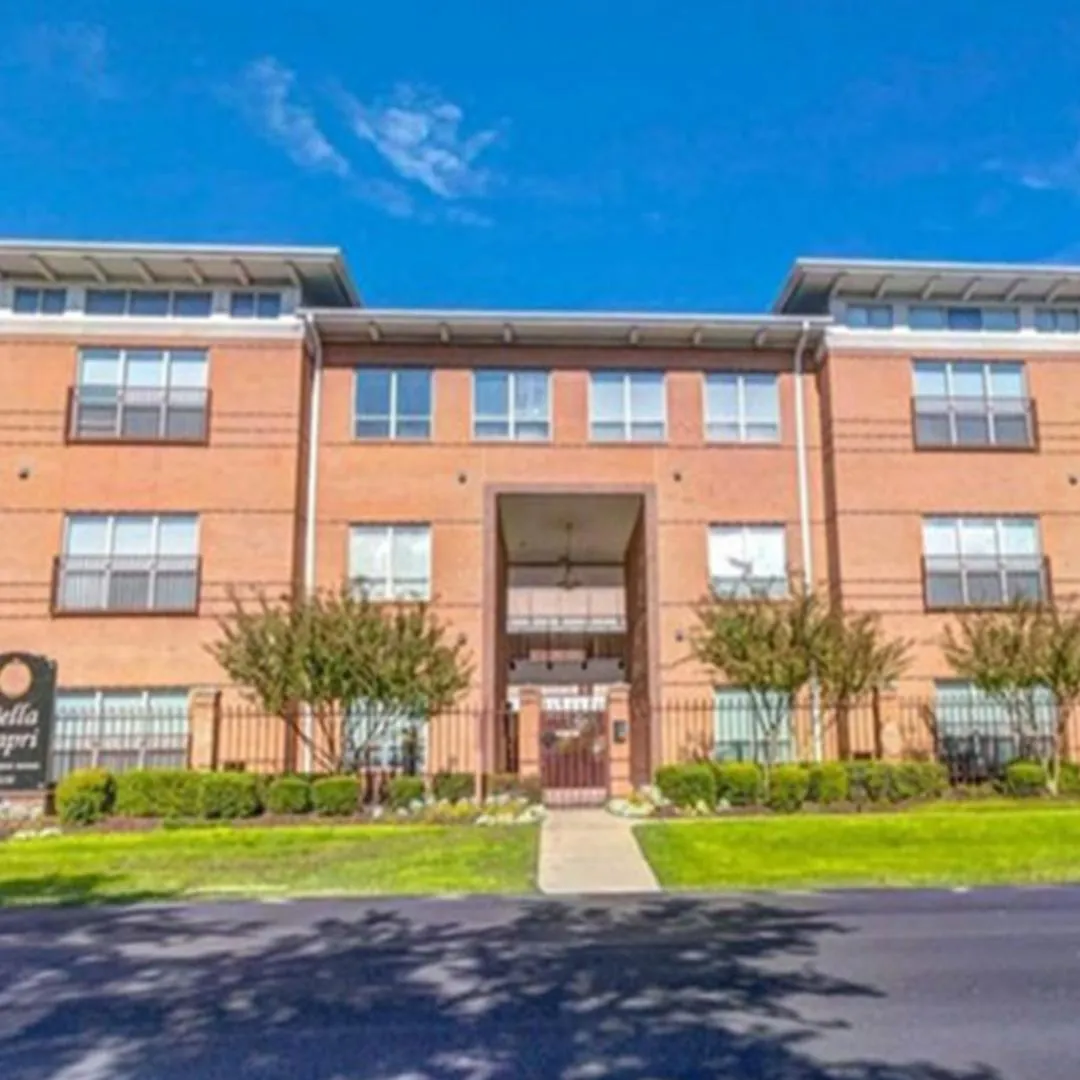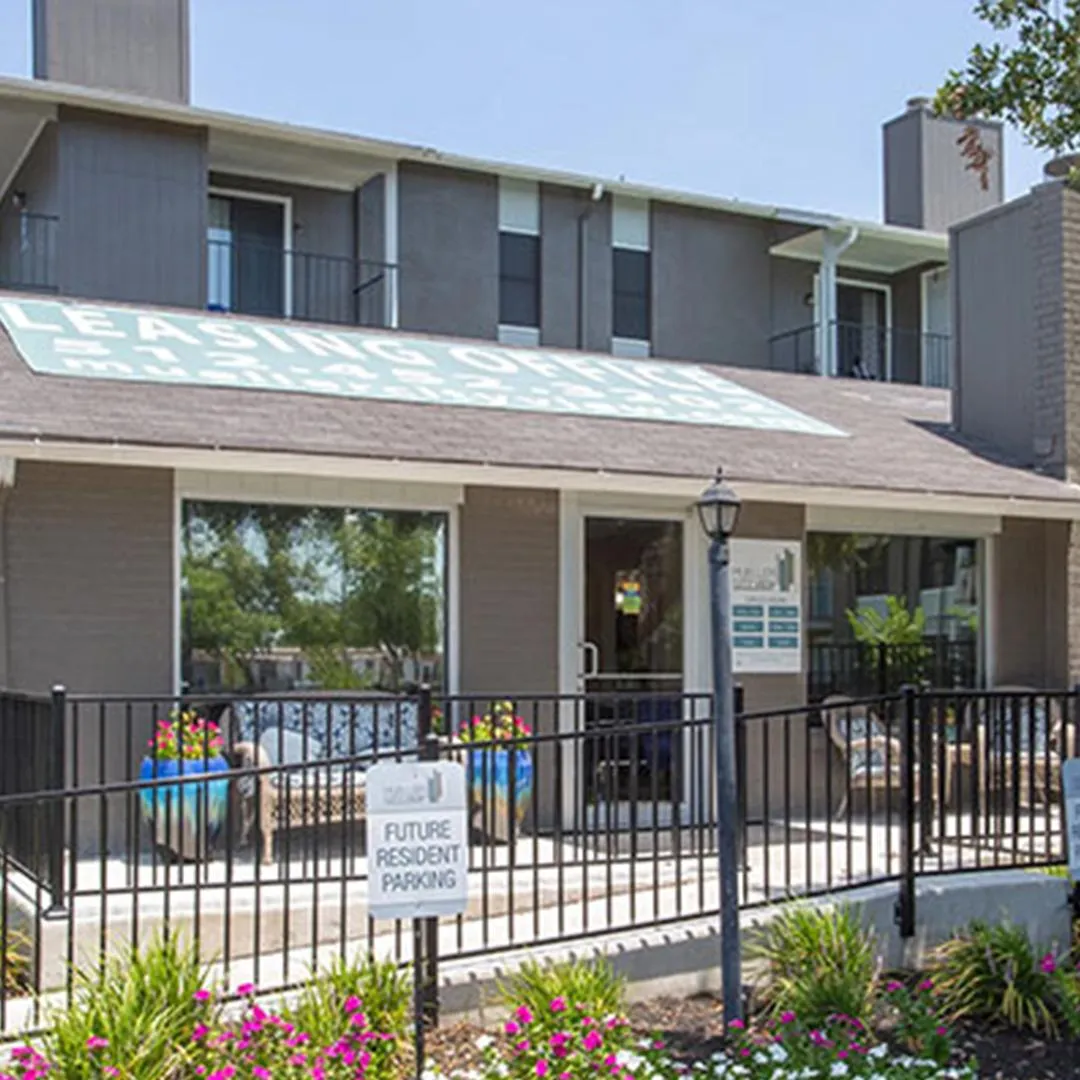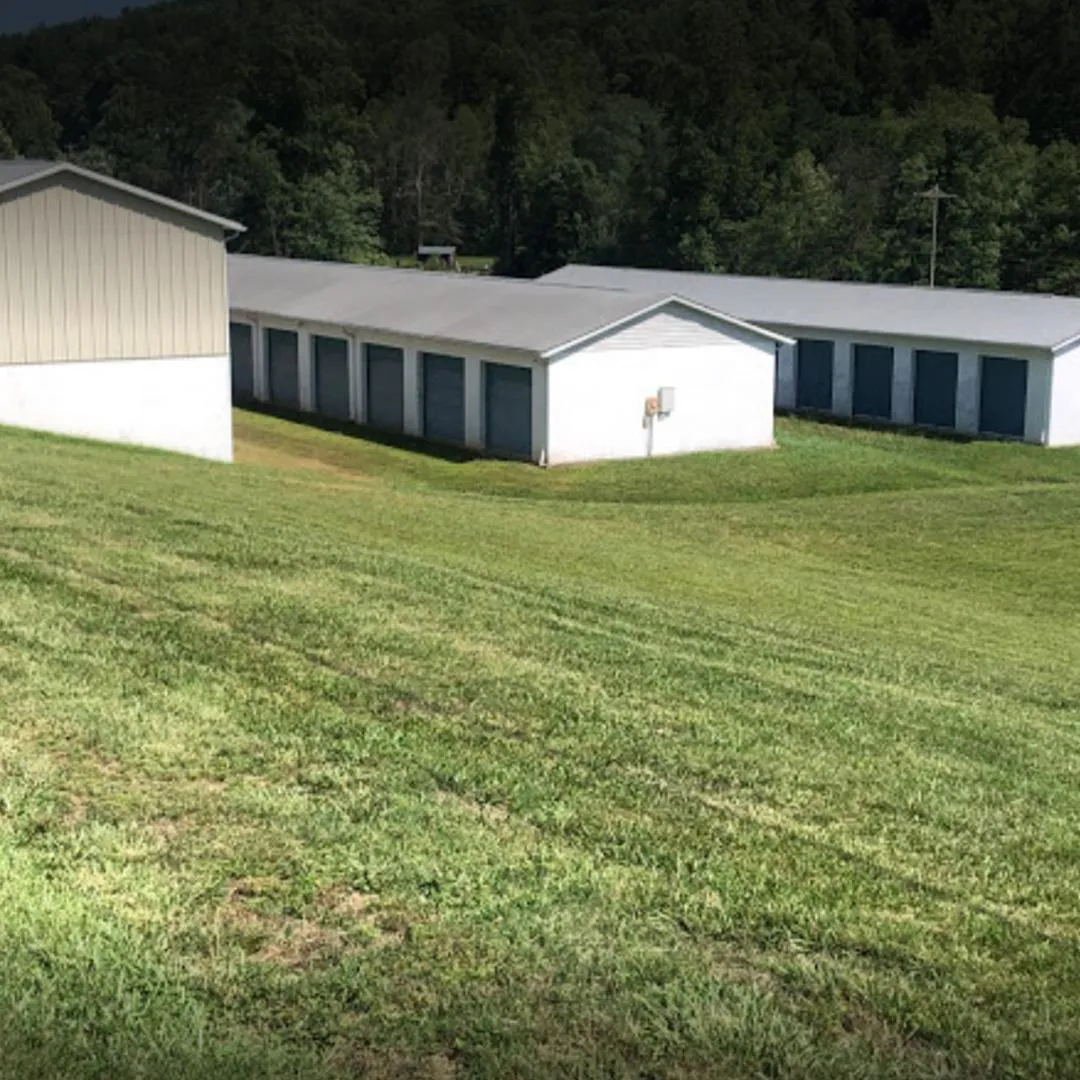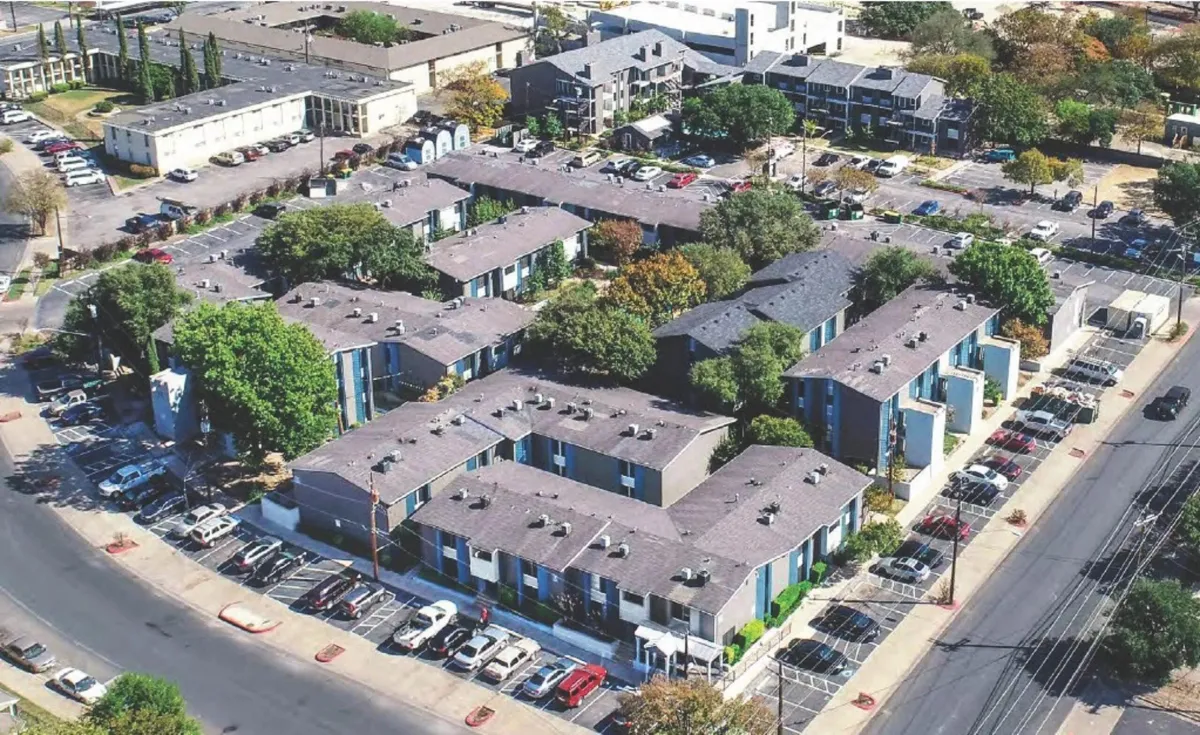La misión de Up Plex
Elevar a otros brindándoles oportunidades de inversión pasiva y generación de riqueza a través del sector inmobiliario.
Es un hecho conocido que poseer bienes raíces puede ser uno de los mejores vehículos de inversión pasiva para usted. Más específicamente, edificios de apartamentos y bienes raíces comerciales. Sin embargo, también conlleva una increíble cantidad de complejidades al intentar adquirir dichos activos y hemos descubierto que esa es la razón por la que la mayoría de los inversores principiantes se abstienen de intentarlo.
Por eso, nos propusimos hacer que sea más alcanzable para los inversores invertir en estos increíbles activos generadores de riqueza con confianza. Como socio limitado, puede aprovechar nuestro tiempo, red y décadas de experiencia para generar tranquilidad con cada inversión que realice con nosotros. Hacemos todo lo posible para mitigar la mayor cantidad de riesgos posible. Tanto es así que no ofreceremos una oportunidad en la que no estemos invirtiendo nosotros mismos.
The Up Plex Mission
Elevating others by providing wealth-building, passive investment opportunities through real estate.
It’s a known fact that owning real estate can be one of the best passive investment vehicles for you. More specifically, apartment buildings and commercial real estate. However, it also comes with an incredible amount of complexities in trying to acquire such assets and we’ve found that to be the reason most beginner investors shy away from pursuing.
So we set out to make it more attainable for investors to invest in these incredible wealth-building assets with confidence. As a limited partner, you get to leverage our time, network, and decades of experience to create peace of mind with every investment you make with us. We do our best to mitigate as much risk as possible. So much so that we won’t offer an opportunity that we aren’t investing in ourselves.

Chris Linger
Principal
Chris Linger has an MBA, twenty seven years of active duty Navy services (ret), now full-time apartment syndicator (underwriter and asset management). Mentor to hundreds of aspiring investors.

Maricela Soberanes
Principal
Maricela has been investing in Real Estate since 2006 in Austin TX. She successfully grew a personal rental portfolio before becoming a full-time syndicator. She’s a Navy veteran, self-published author, and a medical missionary to third world countries.

Chris Linger
Principal
Chris Linger tiene un MBA, veintisiete años de servicio activo en la Marina (retirado) y ahora trabaja a tiempo completo como agente de consorcio inmobiliario (suscriptor y administrador de activos). Es mentor de cientos de aspirantes a inversores.

Maricela Soberanes
Principal
Maricela ha estado invirtiendo en bienes raíces desde 2006 en Austin, Texas. Hizo crecer con éxito una cartera personal de alquiler antes de convertirse en distribuidora a tiempo completo. Es una veterana de la Marina, autora autopublicada y misionera médica en países del tercer mundo.
Our Success Formula

Underwriting & Negotiating
Detailed underwriting determines the amount of negotiating that can be done with a seller on price and terms. Our experience allows us to properly analyze an asset and mitigate as much risk as possible for our investors.

Contract Review / Due Diligence
We have established the best legal and due diligence teams for our syndications. This allows us to simultaneously expedite two incredibly time-consuming tasks that most beginning investors struggle with.

Closing & Reassessment
There is more to closing than just signing on the dotted line and handing over the keys. There is an equal amount of critical work that needs to be completed soon after to ensure the success of a syndication.

Enacting Business Plan / CapEx
We identify and prioritize the necessary projects and execute them based on funding and critical need. Simultaneously, our expert CapEx team gets to work by coordinating with asset and property managers to assist in stabilizing the property.

Stabilization / Refinance
This process usually takes just over 2 years (depending on the market) and involves everything from completing CapEx, to ensuring organic fair market rent growth, to managing tenant turnover, all while working to decrease expenses.

Sale/Disposition
When it comes time to sell, we prepare the property to show as cost-effectively as possible. Once sold, we ensure that we properly close out business transactions and 3 months after the sale, we deliver all sales proceeds (return of capital) to our investors.
Nuestra fórmula del éxito

Suscripción y negociación
La suscripción detallada determina el grado de negociación que se puede realizar con un vendedor sobre el precio y las condiciones. Nuestra experiencia nos permite analizar adecuadamente un activo y mitigar el mayor riesgo posible para nuestros inversores.

Revisión de contrato / diligencia debida
Hemos creado los mejores equipos legales y de due diligence para nuestras sindicaciones. Esto nos permite agilizar simultáneamente dos tareas que consumen muchísimo tiempo y con las que la mayoría de los inversores principiantes tienen dificultades.

Cierre y reevaluación
El cierre implica mucho más que simplemente firmar en la línea de puntos y entregar las llaves. Hay una cantidad igual de trabajo crítico que debe completarse poco después para garantizar el éxito de una sindicación.

Implementación del plan de negocios / CapEx
Identificamos y priorizamos los proyectos necesarios y los ejecutamos en función de la financiación y la necesidad crítica. Al mismo tiempo, nuestro equipo experto en gastos de capital se pone a trabajar en coordinación con los administradores de activos y propiedades para ayudar a estabilizar la propiedad.

Estabilización / Refinanciación
Este proceso suele tardar un poco más de 2 años (dependiendo del mercado) e implica todo, desde completar el CapEx, hasta asegurar un crecimiento orgánico y justo del alquiler en el mercado, hasta gestionar la rotación de inquilinos, todo mientras se trabaja para reducir los gastos.

Venta/Disposición
Cuando llega el momento de vender, preparamos la propiedad para mostrarla de la forma más rentable posible. Una vez vendida, nos aseguramos de cerrar adecuadamente las transacciones comerciales y, 3 meses después de la venta, entregamos todos los ingresos de la venta (retorno de capital) a nuestros inversores.
The Numbers
Don't Lie
$100M
PORTFOLIO
UNDER MANAGEMENT
2500+
DOORS
2006
INVESTING SINCE
5
INVESTED IN MARKETS
(FL, AZ, TX, PA, OH)
The Numbers Don't Lie
$100M
PORTFOLIO
UNDER MANAGEMENT
2500+
DOORS
2006
INVESTING SINCE
5
INVESTED IN MARKETS
(FL, AZ, TX, PA, OH)
Vea Nuestro Último Blog

Tax Benefits of Multifamily Syndication
Specifically, we will talk about the powerful strategy: Accelerated depreciation and how our investors benefit from it.
I think we can all agree that investing in Real Estate assets is a way to preserve capital, create cash flow and diversify our investing portfolios. The secret sauce of investing in multifamily syndications is the scalability and the tax benefits. Today, we will dive deeper into the tax benefits of investing in Multifamily syndications.
Some of the most well-known deductions include:
Depreciation (Accelerated)
Mortgage Interest
Property Taxes
Repairs/maintenance
Operating Expenses
When investing in Multifamily syndication, all partners (Passive and Active investors) benefit from these deductions. This is because we, as General Partners (GP), also invest as LPs along with our investors. The more deductions the business has, the less taxable income is accounted for. Investments in multifamily syndications are considered to be “passive” activities since the entire business operation is managed by the core group (General Partners), so you are a limited partner in the partnership that owns and controls the commercial real estate asset.
Therefore, each investor gets to share in these deductions based on their proportional share of ownership in the limited partnership (based on the amount of capital invested).
When you own a rental home, the depreciation schedule set by the IRS allows you to depreciate over 20+ years each item of the property. When compared with the multifamily syndications that conduct a cost segregation study, the deductions can be accelerated (meaning that they can be taken in the first 1-5 of owning the property. This gives a tax credit (losses, documented on a K1 tax form) to our investors that, on many occasions, is 70-80% of the capital they invest. As you can see, the depreciation on a Multifamily investment is massive when compared to a single-family kept as a rental. Again, the economies of scale principle.
Why is this important? Because these losses can be used to offset any passive income from the investment or any other passive income. Imagine increasing your income without increasing your tax bracket! That is exactly what happens when you invest passively in a Multifamily Syndication.
The depreciation schedule is re-set with every ownership. Meaning, that when we buy the asset, the depreciation schedule starts for the new ownership on the day of closing. Any depreciation taken by the prior owner does not affect our depreciation schedule.
The accelerated depreciation strategy does not work for a new build where the property will be sold after construction is over. It is the same concept for people who flip houses; those investments cannot take advantage of this strategy. Those types of investments do not benefit from accelerated depreciation.
As a passive investor, you’ll receive a K-1 tax form for reporting purposes that outlines this “paper” loss (due to accelerated depreciation), which can be used to offset any other passive gains. The money saved on taxes is reinvested, and the snowballing effect takes over! This is how the wealthy grow their money.
Let’s take a deeper look at the Tax Benefits.
Depreciation
This is the accounting method of allocating the cost of a tangible asset over its useful life. It is used to account for declines in the value of the item over time in the eyes of the IRS and to calculate its value.
The most common form of depreciation is straight-line depreciation, which deducts an equal amount for each year of useful life. In real estate, the IRS considers the useful life to be 27.5 years. So the annual depreciation on a commercial real estate asset worth $10,000,000 (excluding the land value) is: ($10,000,000) / (27.5 years) = $363,636 per year.
Depreciation is one of the major benefits of commercial multifamily syndications, as it allows a passive investor to avoid paying taxes on their monthly, quarterly, or annual distributions during the hold period, which are considered passive income. Again, this also applies to any other passive income. A passive investor will have to pay taxes on the sales proceeds, though. We will get to that in a minute.
Depreciation can be accelerated on large commercial assets through what is called a cost segregation study, which allows us to take most of the depreciation in the first year of ownership.
Cost Segregation (Bonus/Accelerated Depreciation)
Cost segregation is a strategic tax planning tool that allows companies (corporations who own the real estate asset) and individuals who have purchased, expanded, or remodeled any kind of real estate to result in increasing cash flow by accelerating depreciation deductions and deferring income taxes. A cost segregation study is performed by an engineering firm that specializes in dissecting the construction cost or purchase price of the property and all property-related costs.
Bonus Depreciation – The Tax Cuts and Jobs Act of 2017 (TCJA) held some major benefits for real estate owners. The Bonus Depreciation provision allows a business to take 100% bonus depreciation on a qualified property purchased after September 27th, 2017. This is changing at the end of 2022 and will start decreasing as scheduled starting in 2023.
Speeding up the depreciation of these individual items on the commercial property will generate additional depreciation deductions for income tax purposes, leading to “paper” losses that allow an investor to keep more of their income.
Capital Gains
When the asset is sold, and the partnership is terminated, initial equity and profits are distributed to the limited partners (passive investors). The IRS classifies the profit portion as long-term capital gain, which is still more tax-beneficial compared to traditional income.
Under the new 2018 tax law, the capital gains tax brackets are:
Taxable Income (Individual or Joint)
$0 to $77,220: 0% capital gains tax
$77,221 to $479,000: 15% capital gains tax
More than $479,000: 20% capital gains tax
So, for example, most of our syndications project to double the invested capital. On a 100K investment, we project to return 200K (combined quarterly distributions and proceeds from the sale). If the offering gives 80% accelerated depreciation, our investors will receive a K1 showing a loss of 80K from accelerated depreciation. Additionally, there will be some straight-line depreciation for the other years of ownership. Let’s suppose 90K on depreciation total (over the entire holding period). On the sale of the asset, we return the invested capital (100K), and 90K of the total returned (100K profit) is written off. The taxed earnings would be 10K. This might be an intense dive into the depreciation numbers, and every investor’s financial and taxes situation is different. Make sure to consult your CPA/tax filing person to help you understand how you can take advantage of this tax strategy.
This is probably the shortest explanation of these tax strategies. If you have a question or if you are ready to take advantage of these tax strategies, it is time to reach out and get started.
LEAVE A REPLY

Gestores de activos dedicados a ayudar a otros a través de la educación sobre creación de riqueza y la inversión pasiva a través de bienes raíces.
CARTERA DE ACTIVOS
Copyright © 2022 Up Plex Multifamily All rights reserved.
Our Success Formula
Deatiled breakdown
Underwriting & Negotiating
Contract Review / Due Diligence
Closing & Reassessment
Enacting Business Plan / CapEx
Stabilization / Refinance
Sale / Disposition
Underwriting & Negotiating
When you invest with UpPlex, you can be sure that the passive investor opportunities we offer are thoroughly vetted by our experienced legal and due diligence teams. The right legal team is imperative for streamlining the processes of establishing contracts, preparing SEC filings, vendor contract reviews, and more. Just as important is our due diligence team. They analyze CapEx, rent rolls, market demographics, job/population growth, lease agreements, profit and loss statements, financials, and more. Both teams require highly specialized professionals in order to help us quickly determine if an asset is worth continuing to pursue once we have it under contract. This in turn allows us to continue looking for other opportunities that we can provide to our investors
Latest News

Exploring Investment 506(c) and 506(b) Offerings: Unveiling the Path to Private Investments
Date 16 June 2023 / Comment 0
In the realm of investment opportunities, there are several ways to raise capital, each having their own rules and criteria. In the United States, two well-known choices for private investments are the 506(c) offering and the 506(b) offering. In this blog, we will explore the qualities, distinctions, and advantages of these two investment options. Therefore, […]
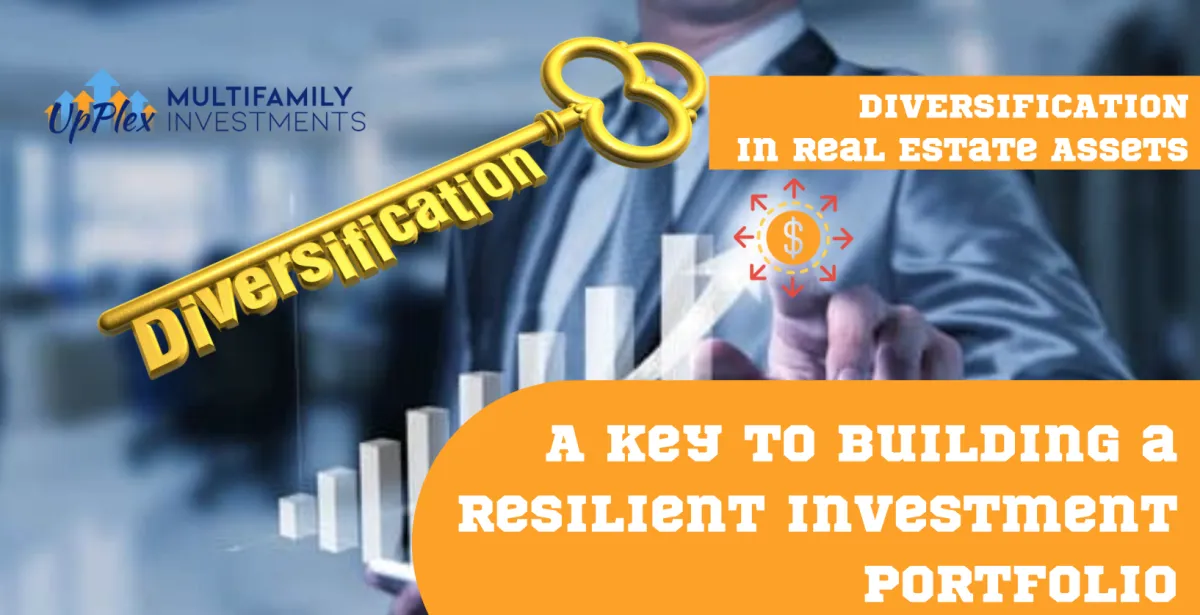
The Power of Diversification
Date 20 May 2023 / Comment 0
Diversification in Real Estate Assets: Real estate has long been considered a stable and lucrative investment avenue. Investors have traditionally focused on residential and commercial properties, but the world of real estate investing has expanded significantly in recent years. One strategy that has gained prominence is diversification in real estate assets. In this blog post, […]
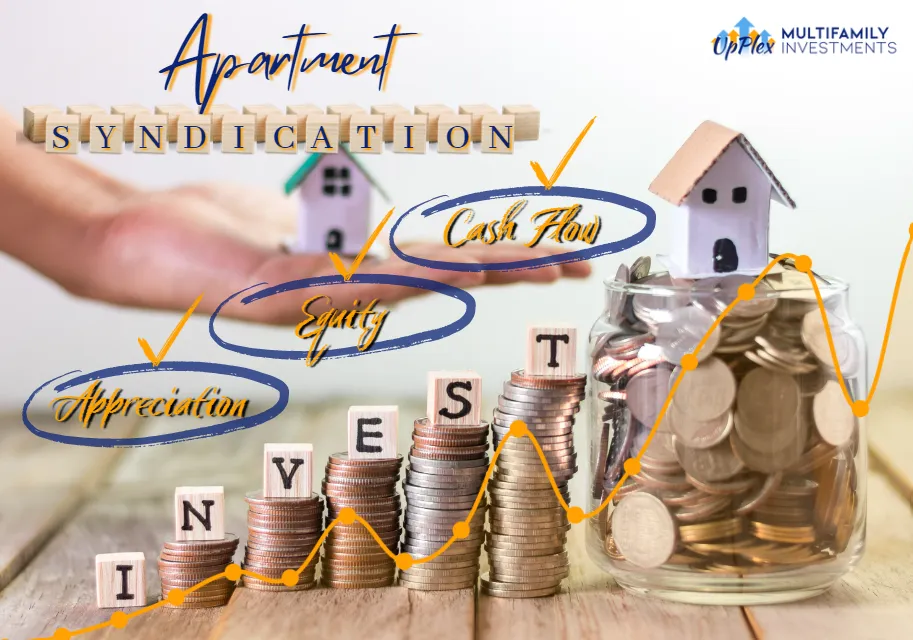
(Español) Razones para invertir en sindicaciones de apartamentos: Flujo de caja vs Equidad vs Apreciación
Date 5 May 2023 / Comment 0
Sorry, this entry is only available in Español.

Asset managers dedicated to elevating others through education in wealth-creation, and passive investing through real estate.
ASSET PORTFOLIO

